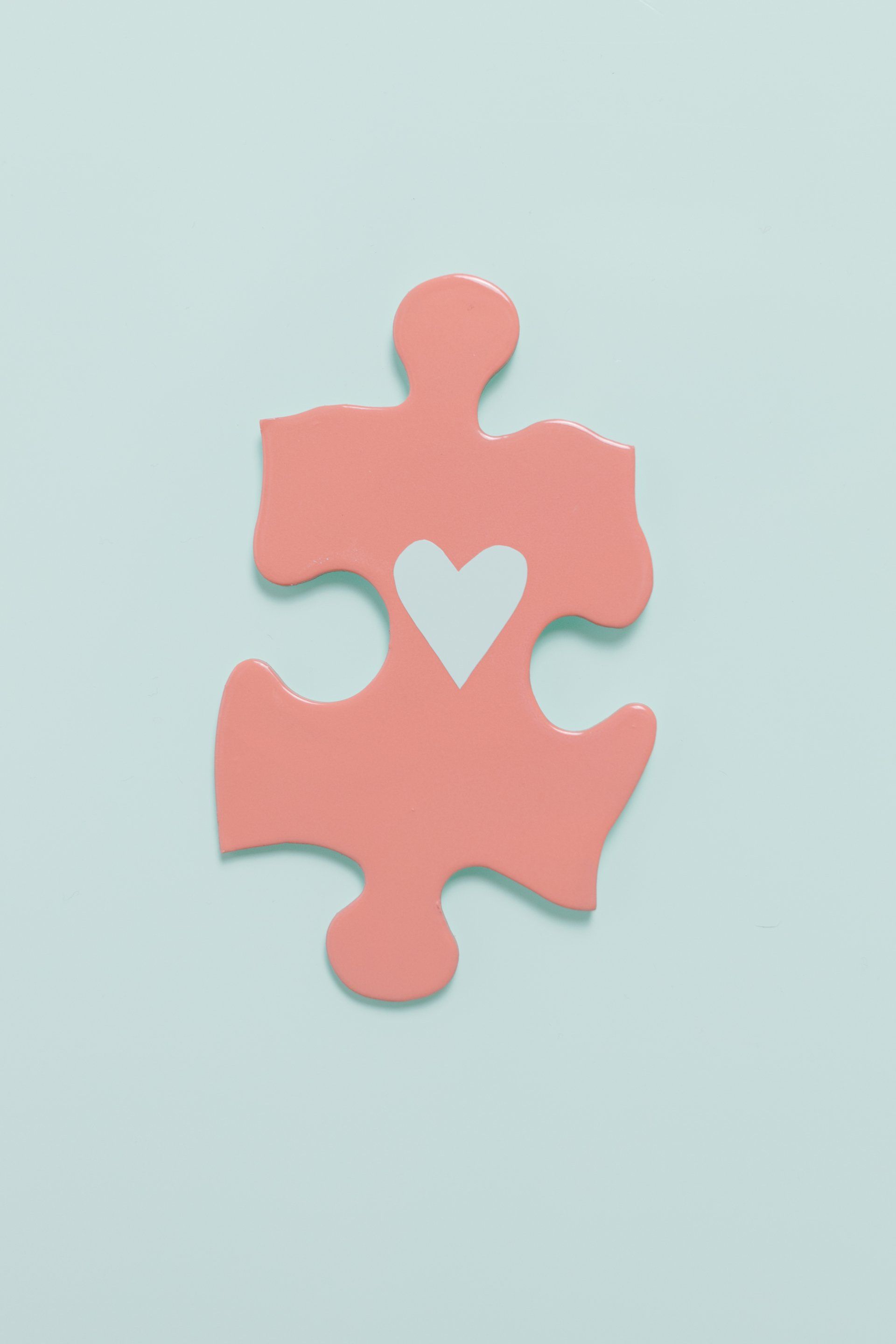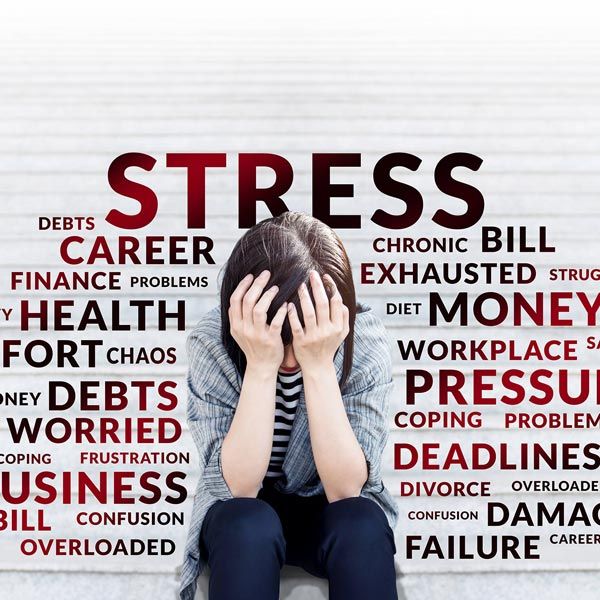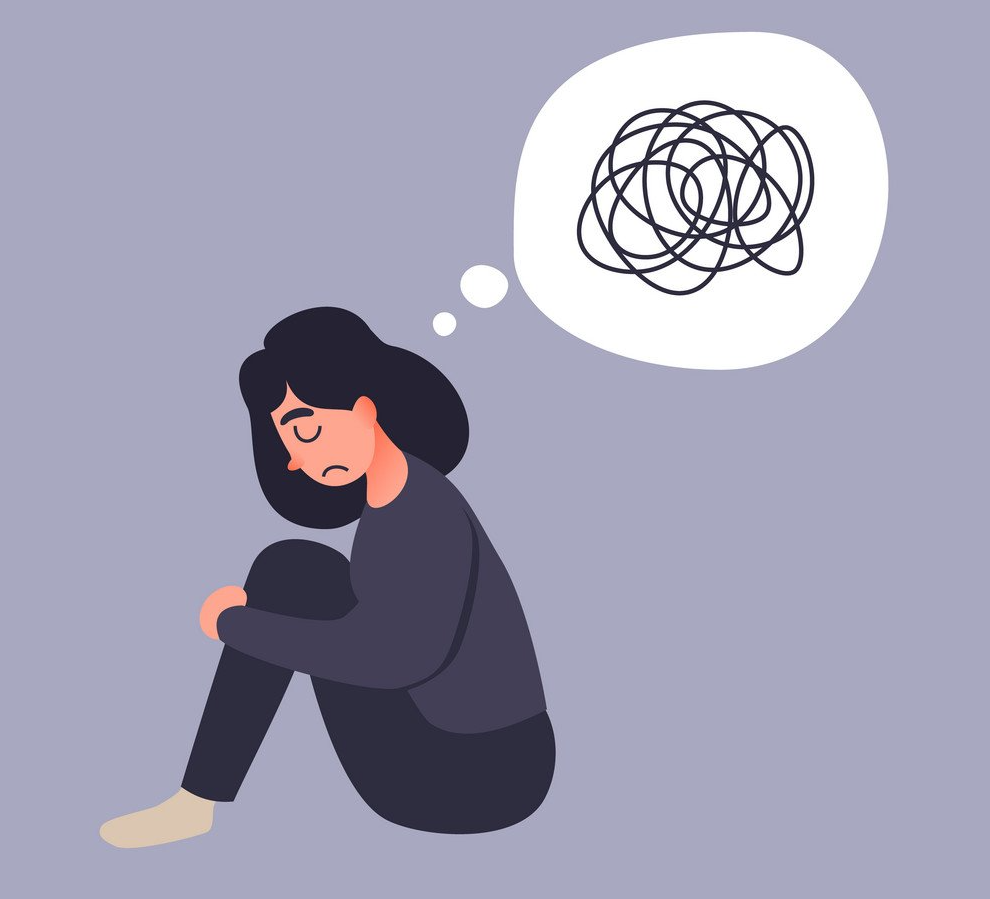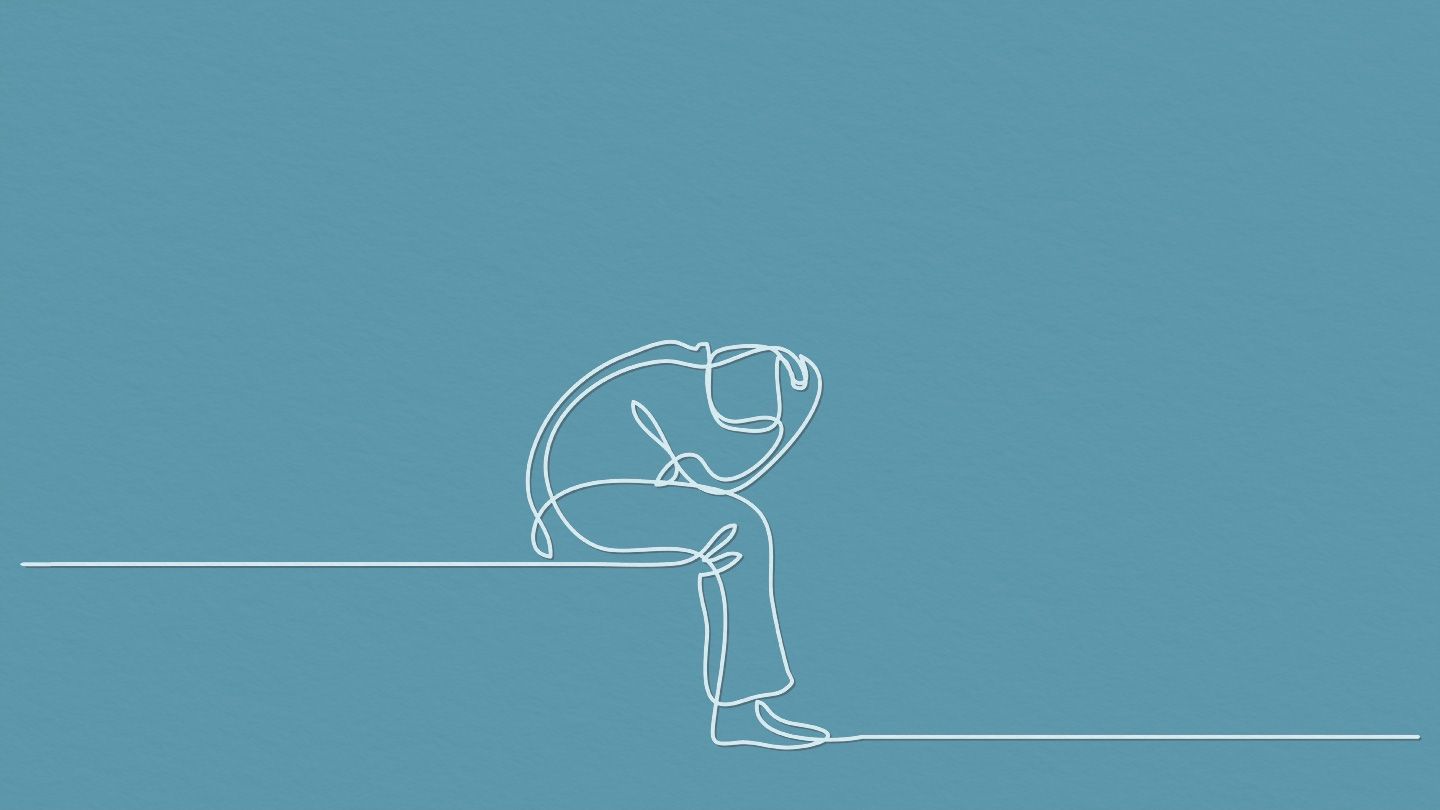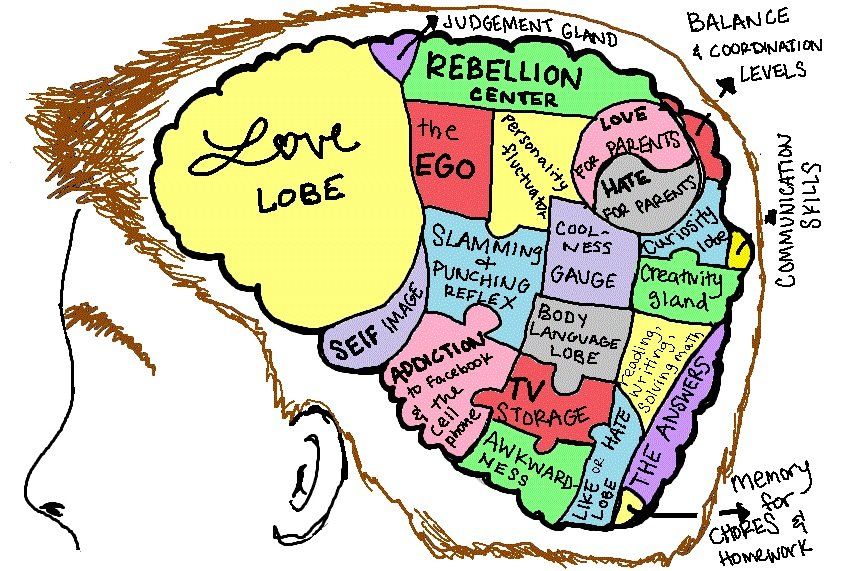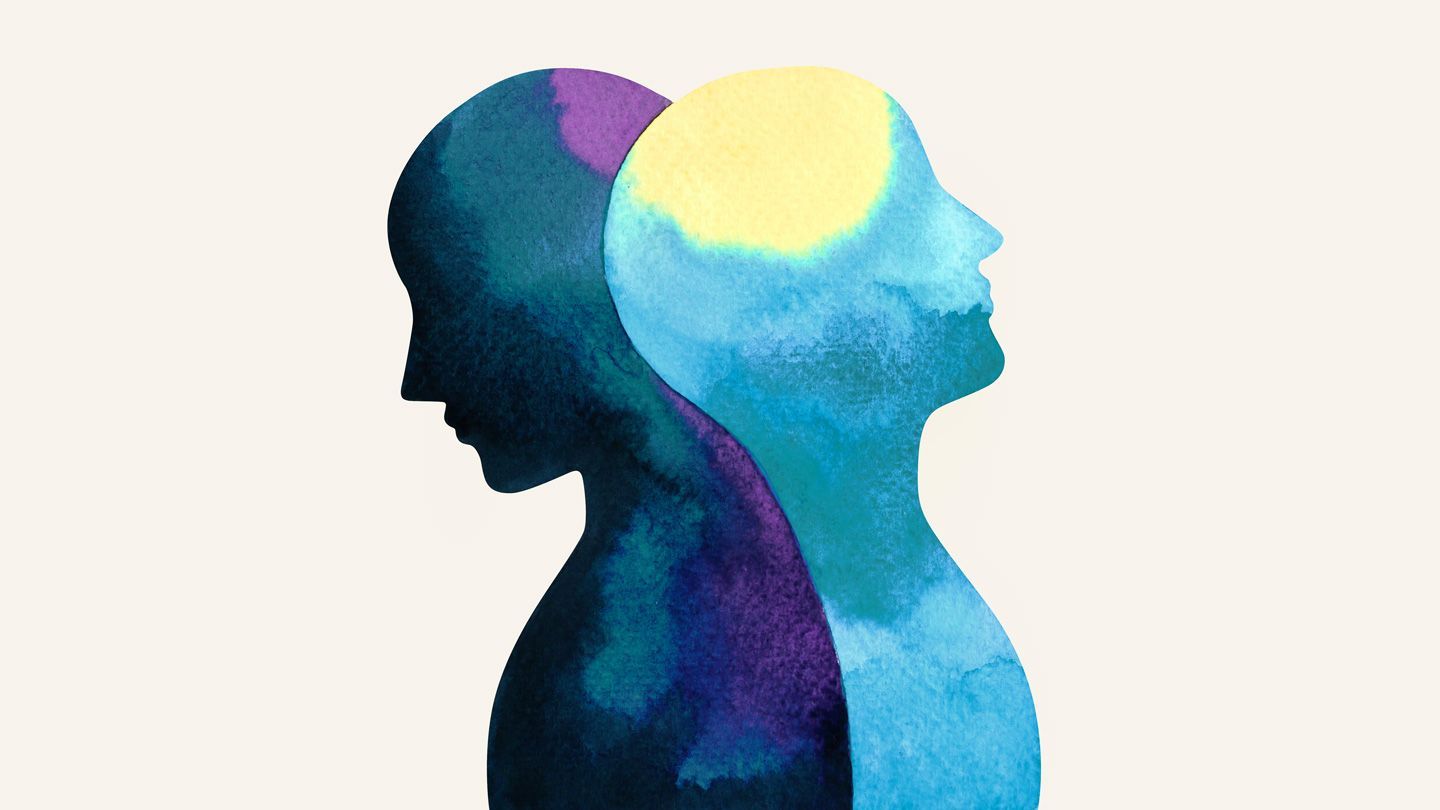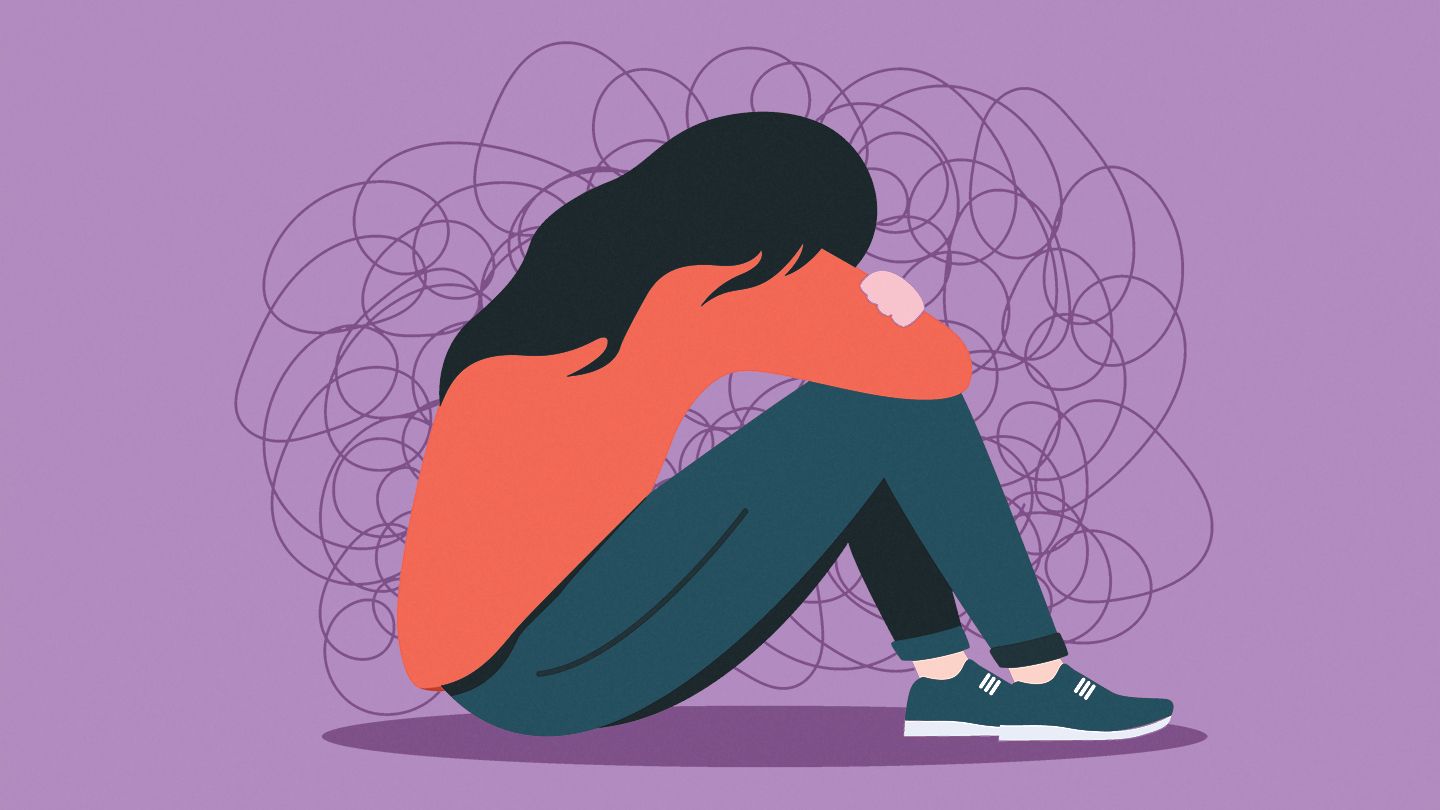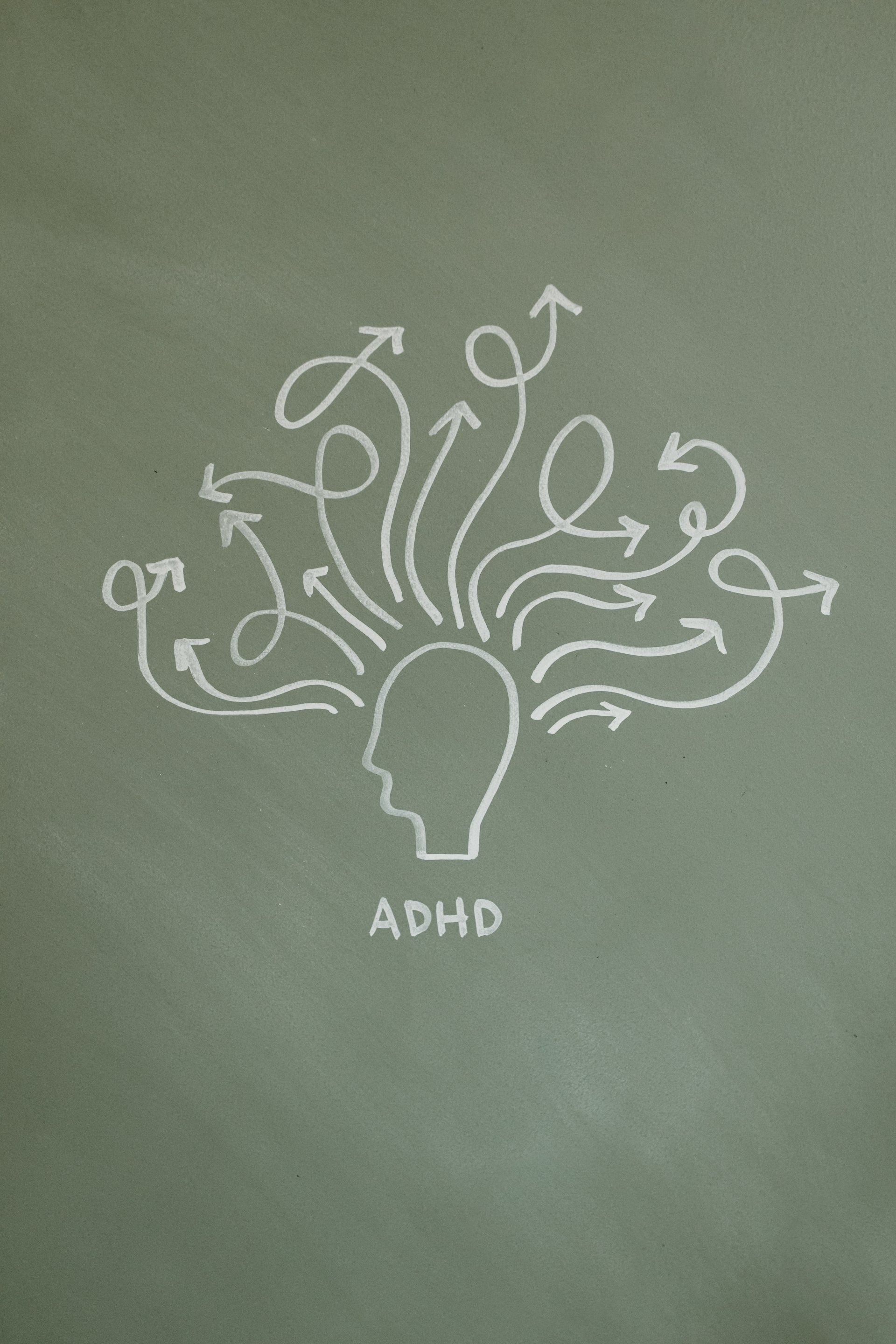Helping Children and Adolescents Cope With Traumatic Events
Every year, children and adolescents experience disasters and other traumatic events. Family, friends, and trusted adults play an essential role in helping youth cope with these experiences.
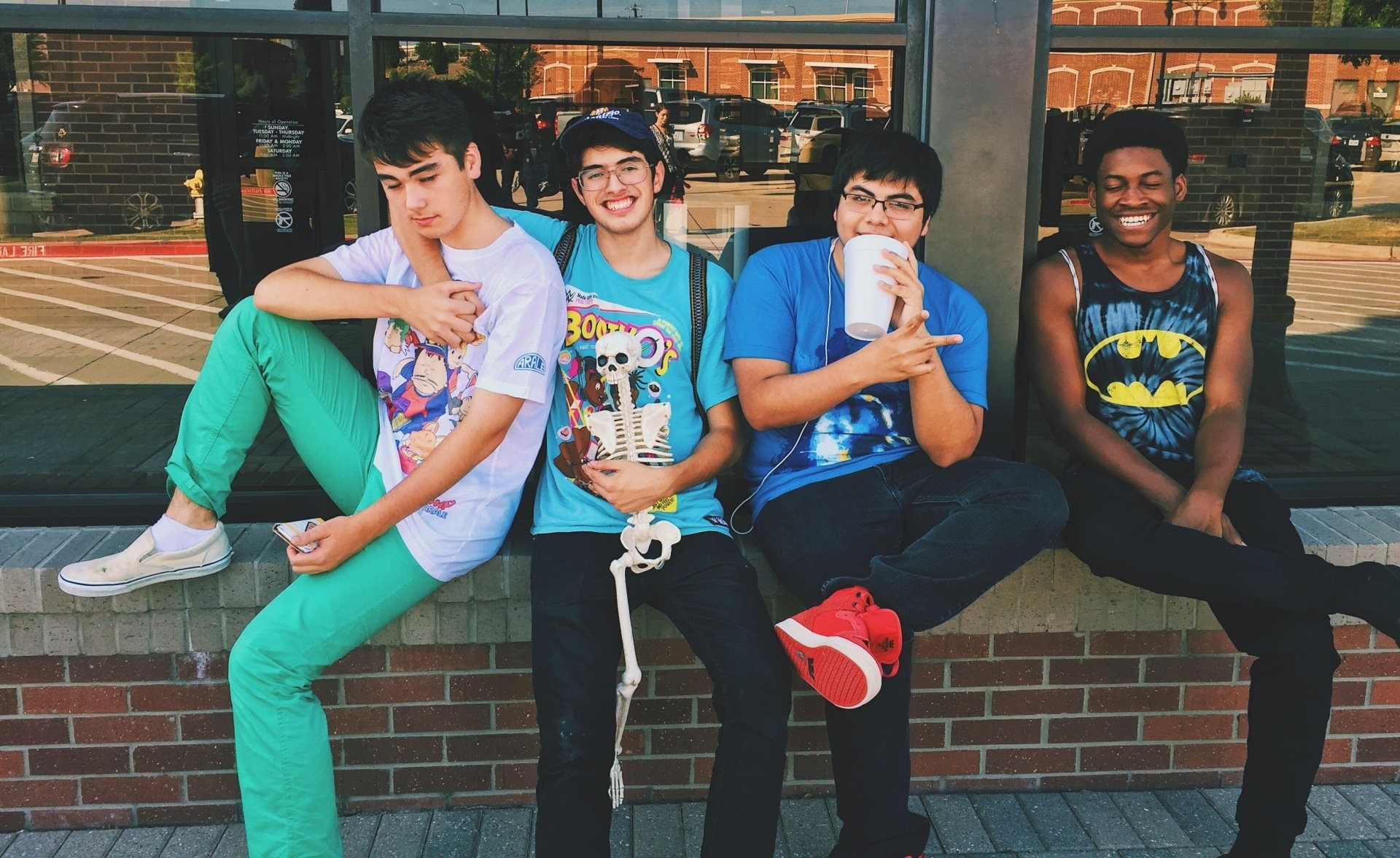
How do children and adolescents respond to traumatic events?
It is typical for children and adolescents to have a range of reactions after experiencing or witnessing a traumatic event, such as a natural disaster, an act of violence, or a serious accident.
Regardless of age, children and adolescents may:
- Report having physical problems such as stomachaches or headaches.
- Have nightmares or other sleep problems, including refusing to go to bed.
- Have trouble concentrating.
- Lose interest in activities they normally enjoy.
- Have feelings of guilt for not preventing injuries or deaths.
- Have thoughts of revenge.
Young children (age 5 and younger) may:
- Cling to caregivers and/or cry and be tearful.
- Have tantrums, or be irritable or disruptive.
- Suddenly return to behaviors such as bed-wetting and thumb-sucking.
- Show increased fearfulness (for example, fear of the dark, monsters, or being alone).
- Incorporate aspects of the traumatic event into imaginary play.
Older children (age 6 and older) and adolescents may:
- Have problems in school.
- Withdraw or become isolated from family and friends.
- Avoid reminders of the event.
- Use drugs, alcohol, or tobacco.
- Be disruptive, disrespectful, or destructive.
- Be angry or resentful.
Many of these reactions are normal and will lessen with time. If these symptoms last for more than a month, the family should reach out to a health care provider.
What can adults do to help?
How adults respond to trauma can strongly influence how children and adolescents react to trauma. When caregivers and family members take steps to support their own ability to cope, they can provide better care for others.
Caregivers and family members can help by creating a safe and supportive environment, remaining as calm as possible, and reducing stressors. Children and adolescents need to know that their family members love them and will do their best to take care of them.
Do:
- Ensure children and adolescents are safe and that their basic needs are addressed.
- Allow them to be sad or cry.
- Let them talk, write, or draw pictures about the event and their feelings.
- Limit their exposure to repetitive news reports about traumatic events.
- Let them sleep in your room (for a short time) or sleep with a light on if they are having trouble sleeping.
- Try to stick to routines, such as reading bedtime stories, eating dinner together, and playing games.
- Help them feel in control by letting them make some decisions for themselves, such as choosing their meals or picking out their clothes.
- Pay attention to sudden changes in behaviors, speech, language use, or strong emotions.
- Contact a health care provider if new problems develop, particularly if any of the following symptoms occur for more than a few weeks:
- Having flashbacks (reliving the event)
- Having a racing heart and sweating
- Being easily startled
- Being emotionally numb
- Being very sad or depressed
Don’t:
- Expect children and adolescents to be brave or tough.
- Make them discuss the event before they are ready.
- Get angry if they show strong emotions.
- Get upset if they begin bed-wetting, acting out, or thumb-sucking.
- Make promises you can’t keep (such as “You will be OK tomorrow” or “You will go home soon.”)
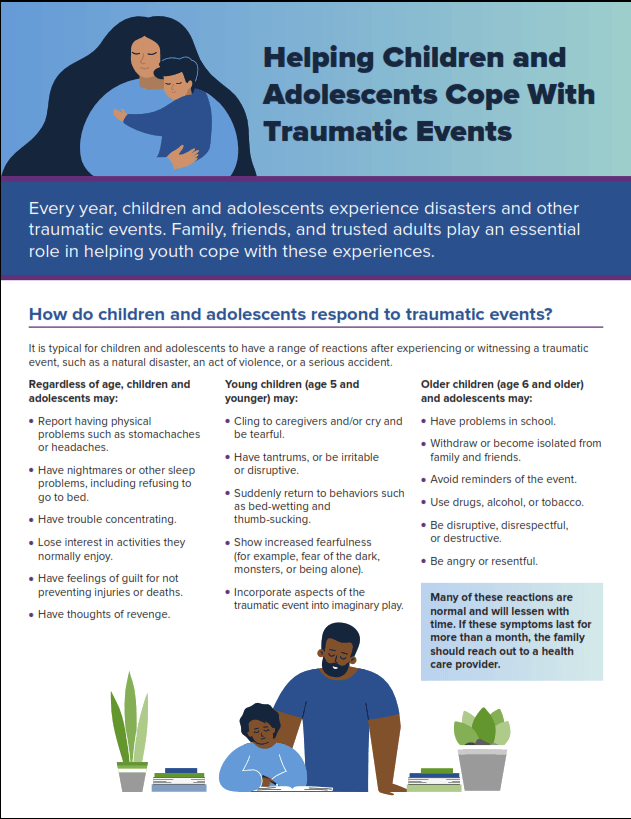
SKOKIE ADDRESS
5225 Old Orchard Rd. Suite 23A
Skokie, IL 60077
Orchard Wellness, PLLC | All Rights Reserved

